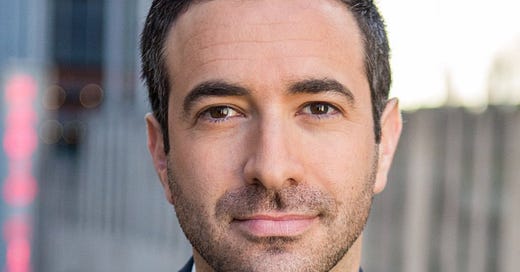Today I want to share a new piece with you that explores how we can change things, coming off the week we’ve had, while looking at the big picture…
If you’d like me to email you all of my writing, click here to become a full subscriber:
Keep reading with a 7-day free trial
Subscribe to Ari Melber to keep reading this post and get 7 days of free access to the full post archives.



